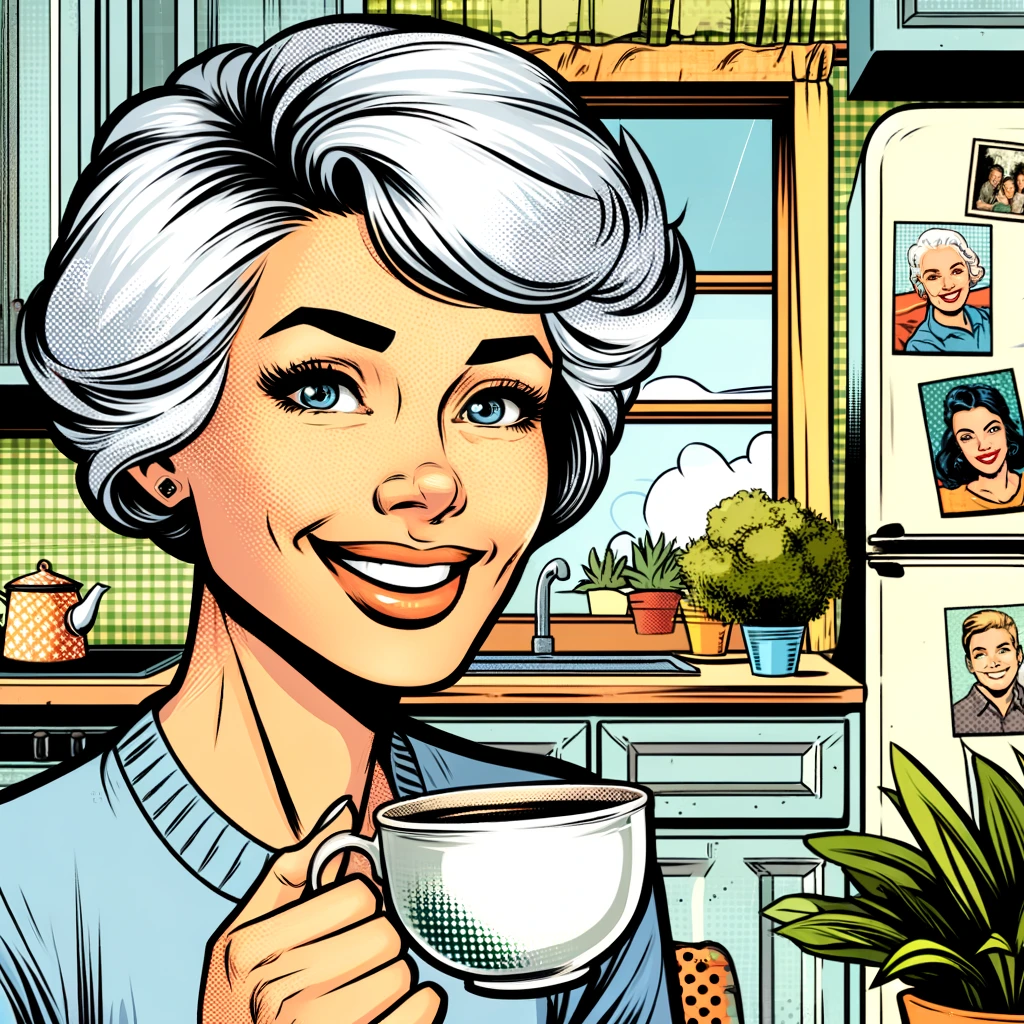As individuals age, the body undergoes various changes, some of which can significantly affect urological health. Urological health encompasses the function and disorders of the kidneys, bladder, ureters, urethra, and male reproductive organs. Understanding these changes is crucial for maintaining quality of life and addressing issues promptly.

Early Indicators and Common Conditions
In the initial stages of ageing, subtle signs may hint at underlying urological conditions. These can range from increased frequency of urination, especially during the night, to difficulties in starting or maintaining a steady flow. Such symptoms should not be dismissed as mere inconveniences of getting older but rather investigated to rule out or manage conditions like benign prostatic hyperplasia (BPH), urinary incontinence, and urinary tract infections (UTIs).
One of the key challenges in older men is the enlargement of the prostate gland, which can impede the flow of urine and lead to BPH. Alongside, the treatment for prostatis, an inflammation of the prostate gland, becomes pertinent. It’s essential to approach these conditions with a comprehensive treatment plan that may include medication, lifestyle adjustments, or surgery, depending on the severity.

The Role of Lifestyle in Managing Age-Related Urological Health
Lifestyle choices play a significant role in mitigating the impact of ageing on urological health. Adequate hydration, a balanced diet rich in fibre, and regular exercise can help maintain a healthy weight and reduce the risk of urological issues. Additionally, limiting caffeine and alcohol intake can alleviate symptoms of overactive bladder and contribute to overall urinary tract health.
Smoking cessation is particularly important, as smoking has been linked to bladder cancer and can exacerbate symptoms of urinary incontinence. Regular check-ups and screenings become increasingly important with age, as they can facilitate early detection and treatment of potential urological health issues.
Navigating Treatment Options and Innovations in Care
Advancements in medical technology have led to a broad spectrum of treatment options for age-related urological conditions. Minimally invasive surgical techniques, such as laser therapy for prostate enlargement and sling procedures for urinary incontinence, offer effective solutions with reduced recovery times and side effects. Medications have also evolved, providing relief from symptoms and slowing the progression of conditions like BPH.
It is imperative for older adults and their healthcare providers to engage in open discussions about symptoms, treatment preferences, and potential side effects. This collaborative approach ensures that treatment plans are tailored to the individual’s needs and lifestyle, enhancing the likelihood of successful outcomes.

The Future of Urological Wellbeing in Ageing
As we look towards the future, the focus on preventative measures, early detection, and personalized treatment plans promises to enhance the management of age-related urological conditions. Research continues to advance our understanding of the ageing process and its impact on urological health, paving the way for innovative treatments and improved quality of life for the elderly.
In conclusion, ageing brings about changes that can challenge urological health, but awareness, proactive management, and advancements in medical care provide the tools necessary to navigate these challenges effectively. By prioritizing urological health as part of overall wellbeing, individuals can enjoy a more comfortable and active life in their later years.
